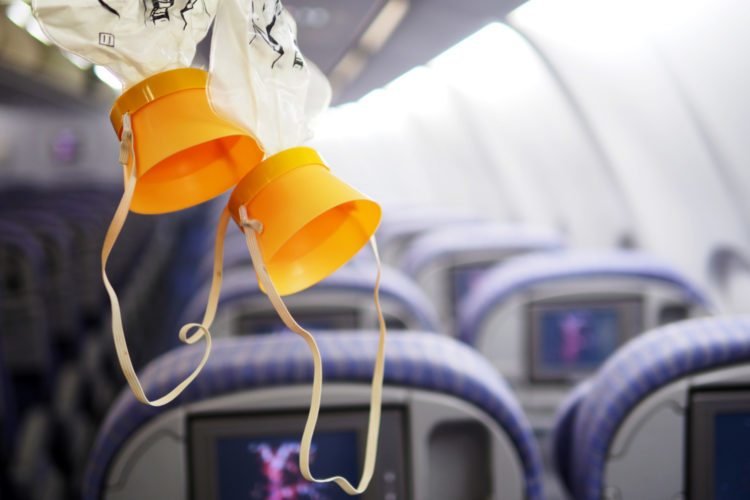Every time I take the airplane, I’m reminded of a truly important nugget of wisdom. Those who travel frequently are so familiar with this common-sense advice that they tend to tune out the announcement that accompanies the airplane personnel’s pantomime. But without fail, before taking off, we’re always reminded of something truly wise that applies to all areas of our life:
Put on your own oxygen mask, before helping others.
Before helping others.
First, YOU.
Who, Me? No no no, I don’t need any help. But let me tell you about my Loved One! What a mess!
How does the Oxygen Mask metaphor apply to us?
I see several layers in, or possible interpretations of, this statement.
1) Practical – as badly as you want to put your child’s or partner’s or friend’s or parent’s mask on first, the reality of the situation is, you might pass out from insufficient oxygen before getting to them. Don’t panic, be sensible.
2) Literal – breathe. breathe. breathe. Without our ability to breathe, we are nothing. When breath is gone, we are no longer.
3) In other Life Situations – the CRAFT method and Allies program point to the efficacy of shifting our focus back to our Self, even in some of the most dire or anxiety-producing situations.
Is it counter-intuitive to do this when you haven’t yet seen proof of it in your own life? Oh my gosh, YES!
Have you forgotten how to give attention, care, time, energy and sweetness to your own Self? Probably…I certainly did when I was trying to raise little ones and my husband was sinking into deeper and deeper alcohol use.
Are you not even sure how this would apply to you and your Loved One (LO) who struggles with addiction and/or mental health issues? That’s okay!
Taking the Oxygen Mask a little deeper
Here’s how I would summarize how the oxygen-mask advice applies to substance use and mental health issues in the family:
- We the family member tend get caught up, tied up, mixed up and all things “up” in our adult LOs’ struggles; this is perfectly understandable and usually comes from a place of fear, worry, need to help or fix, etc.
- We end up pushing our own feelings, needs, desires and dreams out of our own focus and replace them with what we think our LO might need.
- In so doing, we gradually push our Selves out of the center of our own lives; over time, this fosters all sorts of frustrations for us — we may feel forgotten, empty, exhausted, resentful, and the list goes on, and on.
- Ironically, as our focus hones in more and more on our adult LO, we (the family member) become more and more disenfranchised: we lose our power —we become powerless.
- As long as we remain in that state of ‘survival mode’ and self-deprivation, we are simply a terrible model for our LOs — our mouths keep forming the words “take care of yourself, heal yourself, kick this habit…” and meanwhile we are following ZERO of our own admonitions.
- Starting to practice bringing the focus back to your Self, taking time for your own recovery (because who doesn’t need to recover?), and moving towards acceptance of the idea that we can’t actually control much in this life other than our own reactions… is the equivalent of putting your own oxygen mask on first.
- In fact, we most certainly won’t be the one to put our LO’s “oxygen mask” on when it comes to their entering treatment, or prolonging treatment, or pursuing recovery work — this is their work to do. But what a powerful message we are sending when we start doing that which we’ve been exhorting them to do: recover.
My ten years with Allies in Recovery have taught me so much. But I wouldn’t have been able to assimilate the half of it, had I not been willing to look at my part in the equation. What a relief it is to put down our crusade for a few minutes and write in a journal, or sit under a tree and simply be. What a gift it is for our Loved Ones when we get off their backs and start nudging back toward the center of our own lives. Healing is possible. Healing is real. Healing can make miracles. Especially if each of us accepts that we have our part to do.



